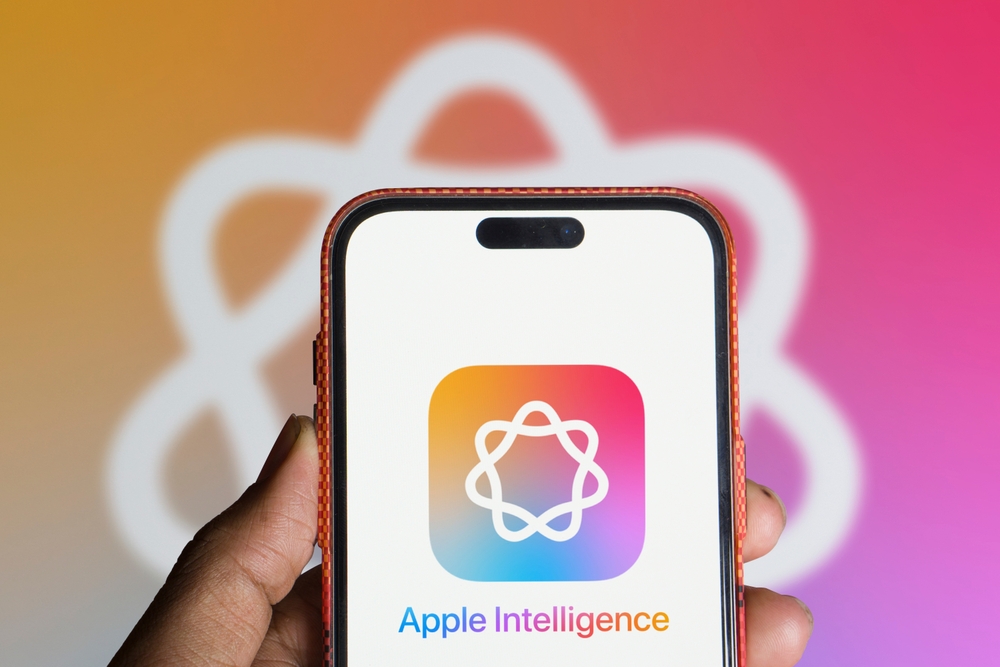If Apple plans to deploy its AI system in China, it must navigate a “long and complicated process” to secure approval, according to local authorities as reported by the Financial Times. Negotiating with local developers appears to be a more feasible approach, they noted.
Apple CEO Tim Cook arrived in China yesterday for his third visit this year. During his visit, the company aims to deepen its understanding of China’s regulatory framework while exploring partnerships to ensure Apple Intelligence is available on devices sold locally. These features began rolling out in the U.S. in October, but their implementation in China remains a challenge.

Local Partnerships: A Key to Success
Although Apple considered launching its own language models in China, officials from the Cyberspace Administration of China emphasized that foreign companies must undergo a rigorous verification process. However, integrating already-approved Chinese-developed language models offers a “simple and straightforward” alternative. Apple has reportedly initiated discussions with local companies such as Baidu, ByteDance, and Moonshot to facilitate this process.
The company has high hopes for its AI capabilities, expecting them to drive growth in device sales. However, the Apple Intelligence package is incompatible with older devices, potentially limiting its adoption. Declining sales in China have also been influenced by Beijing’s reduced use of iPhones among government employees and rising competition from local manufacturers like Huawei, which already incorporates generative AI in its products.
Apple’s Path Forward
In the U.S., Apple Intelligence operates locally on devices and through Apple’s cloud servers, utilizing OpenAI resources for complex queries. For China, reliance on local developers seems essential if Apple cannot use its own large language models. Analysts predict that a successful partnership would enable Apple Intelligence to launch in China by the second half of 2025.
China, accounting for 17% of Apple’s annual revenue, remains a critical market despite an 8% year-over-year decline in sales, notes NIXSOLUTIONS. During his last visit to Beijing, Tim Cook acknowledged the regulatory challenges but reaffirmed the company’s commitment to bringing Apple Intelligence to Chinese consumers. “There’s a very specific regulatory process behind it, and we need to get that done,” he said. “We also hope to get it to Chinese consumers as soon as possible.”
The journey is complex, yet we’ll keep you updated as Apple works to bring its AI innovations to one of its most vital markets.
